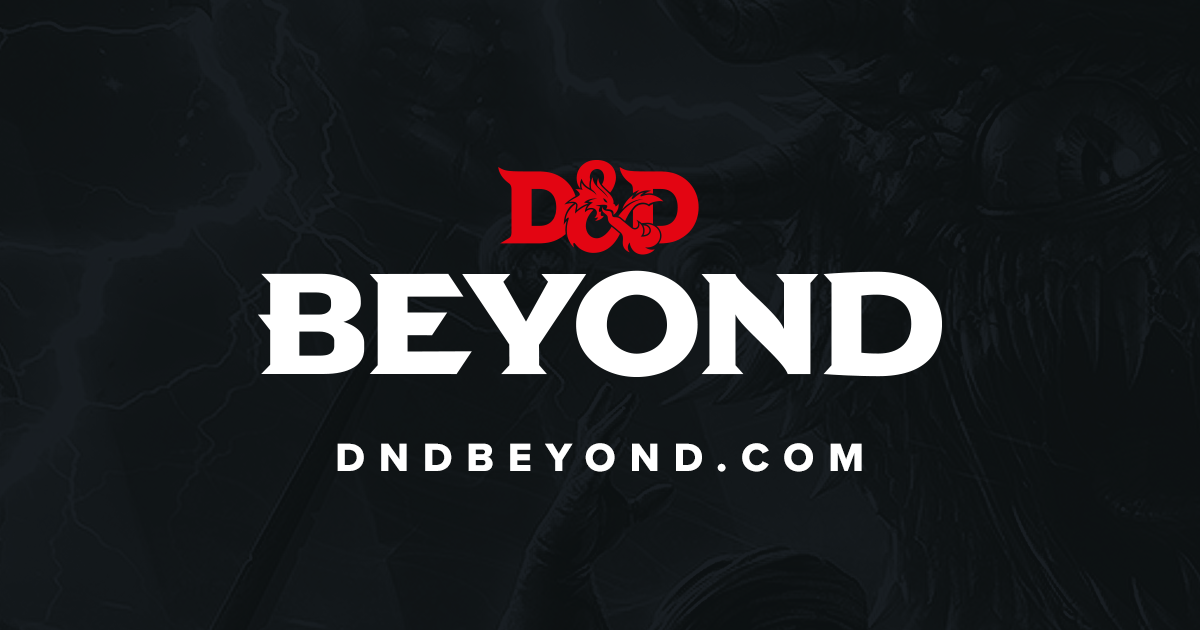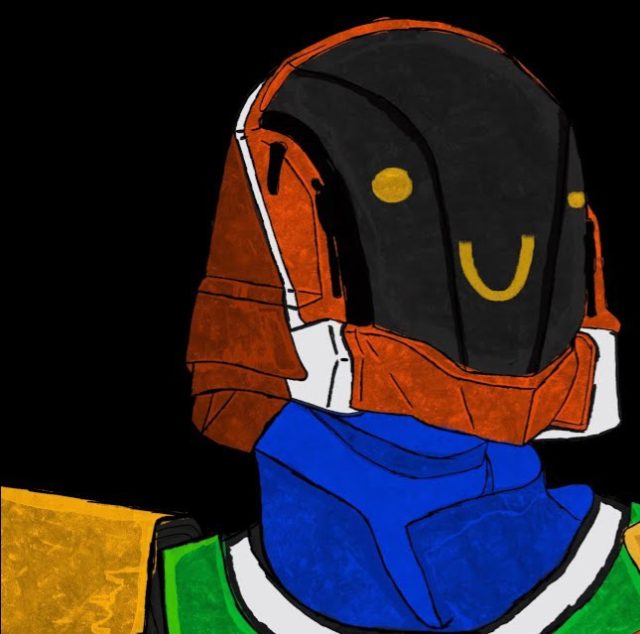Dungeons and Dragons has seen a massive surge in popularity in recent years. The game went from being seen as satanic by super christian parents, to a mainstream piece of media that even had not only a wonderful movie, but the game of the year contender known as Baldur’s Gate 3. But how do you play it?
The most important part of playing DnD is friends. You need someone to play with you after all. From there you choose who to bully into being the Dungeon Master. This will usually be the only friend in the group who has any experience with the game. After “democratically” choosing your DM now you need Dice.
Dice are a vital part of DnD. Whether you choose to use digital dice or the genuine article, you’ll be rolling dice the entire time. With your dice acquired you need to move onto creating a character. For a new player this can be intimidating, since there are so many options between races and classes. The simplest way for a new player to pick what they want, is to pick what they think looks cool. Oh, playing a Monk looks cool, go for it. The class description will lay out what you can do. DnD Beyond is an invaluable tool for new or experienced players of the game. Rather than having to actively manage each resource via pencil and paper the app does it all for you. It even categorizes abilities based on resource cost.
After picking hat race and class through this super advanced system you’ll need to assign your stat point. This process changes greatly based on what system you’re using. If your group chooses to roll stats, then there is even more of a difference. Rolling stats is simple. You get 3d6, and whatever you roll is the number of points that stat has. Now some let players do mulligans, some force you to roll in order, and some don’t. The big thing with rolled stats is that it incorporates more of a variation into what your character will be like. Point buy is the exact opposite of this. Point buy lets you assign stats based on a predetermined amount of points, with a minimum of 8, and a maximum of 15. Point buy lets you min max extremely well, dumping the stats you don’t need, and bumping the ones you do. Standard array just gives a selection of 15, 14, 13, 12, 10, and 8.
Now you may not know what to put your points into, but your class will usually have one stat that’s their main one, which will be lined out fairly clearly. From there you need to increase your dexterity and constitution so you don’t die instantly. Then from there it really depends on the personality you want for your character. If you want them to be a charmer, give them high charisma. If they’re supposed to be smart, give them high intelligence. If they’re old, give them high wisdom. At the end of the day the character features are meant to supplement the three role playing, not the other way around.
The most important thing many people mess up when playing DnD is forgetting that it’s not a video game. Actions will have long lasting effects, and the NPC’s don’t have preset interactions. Everything is spur of the moment and you need to be able to adapt, whether you’re the DM or not.
If you’re the DM be prepared for things to not go the way you want them to. You can’t force the players to do things in a specific way, you need to be able to adapt and change based on how things go. However, this doesn’t mean that you can’t give them consequences. If your players decide to go full murder hobo, they better like being on the run from the law and all of its enforcers. Being the DM isn’t being a conductor of a train, it’s being a stream changing directions as needed. Also pro tip, make sure that you give people names, because they will talk to anyone who they think is mildly entertaining.
Now you might also be wondering, where do I start? The easiest place is the prebuilt official modules, even if it is a one shot. This way you don’t have to come up with everything from scratch, and have a nice and simple starting point. Worst case scenario: if the players start to go off script you can learn the most important tool of any DM. Improvisation. 90% of the game is literally just coming up with things off the top of your head after your first couple of times. It doesn’t matter how much you plan ahead, you are not going to be able to take account of the human factor.
As a player you can do anything. No really, if you want to rob that store, go for it. Just be prepared for the consequences. Oh, you massacred the entire town, welp now the royal magician is throwing fireballs at you from a wyverns back.yers. DnD is a game of creativity on both parts, and the DM isn’t limited in what they can throw at players.
For both the players and the DM it’s about interacting with the other and progressing through the world that is actively shaped by your joint actions. It’s really important for both parts to be able to adapt. If your overly complicated plan with way too many steps miraculously fails, be prepared to improvise. If the party manages to kill the BBEG in the first turn of combat, come up with a new idea. Make it look like that was definitely planned, and that the party didn’t manage to bully them into a corner with comical ease.
DnD is a game of strategy. But more importantly than that it is a conversation between the players and the DM that shapes the world. You can not go into DnD like you would for a video game. No one’s going to think that the noise was just the wind. No one’s going to let you put a bucket on their head, rob them blind, and then sell their own goods back to them. That’s just going to get the guards to be summoned. Remember playing DnD is like writing a book, but five people are writing it, and no one agrees on what they should do.




